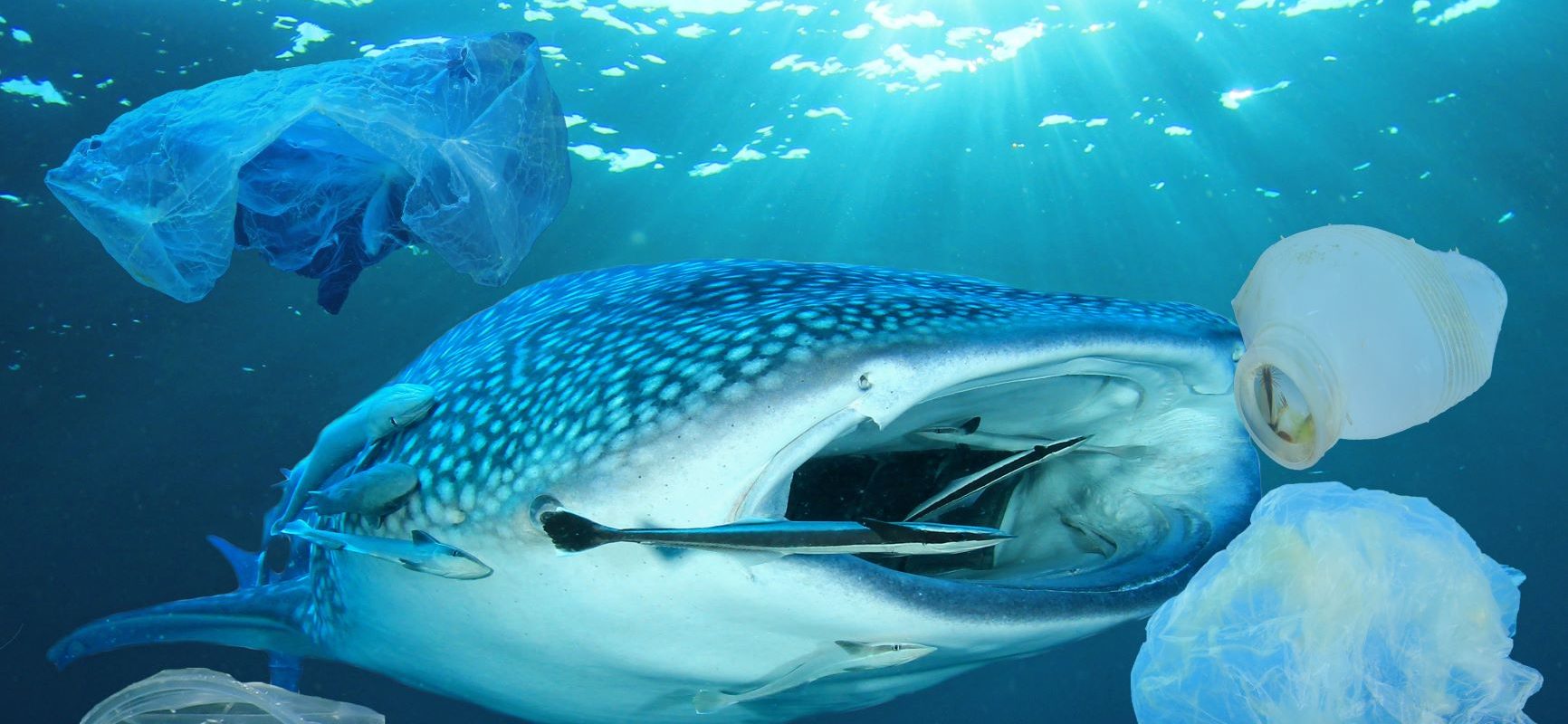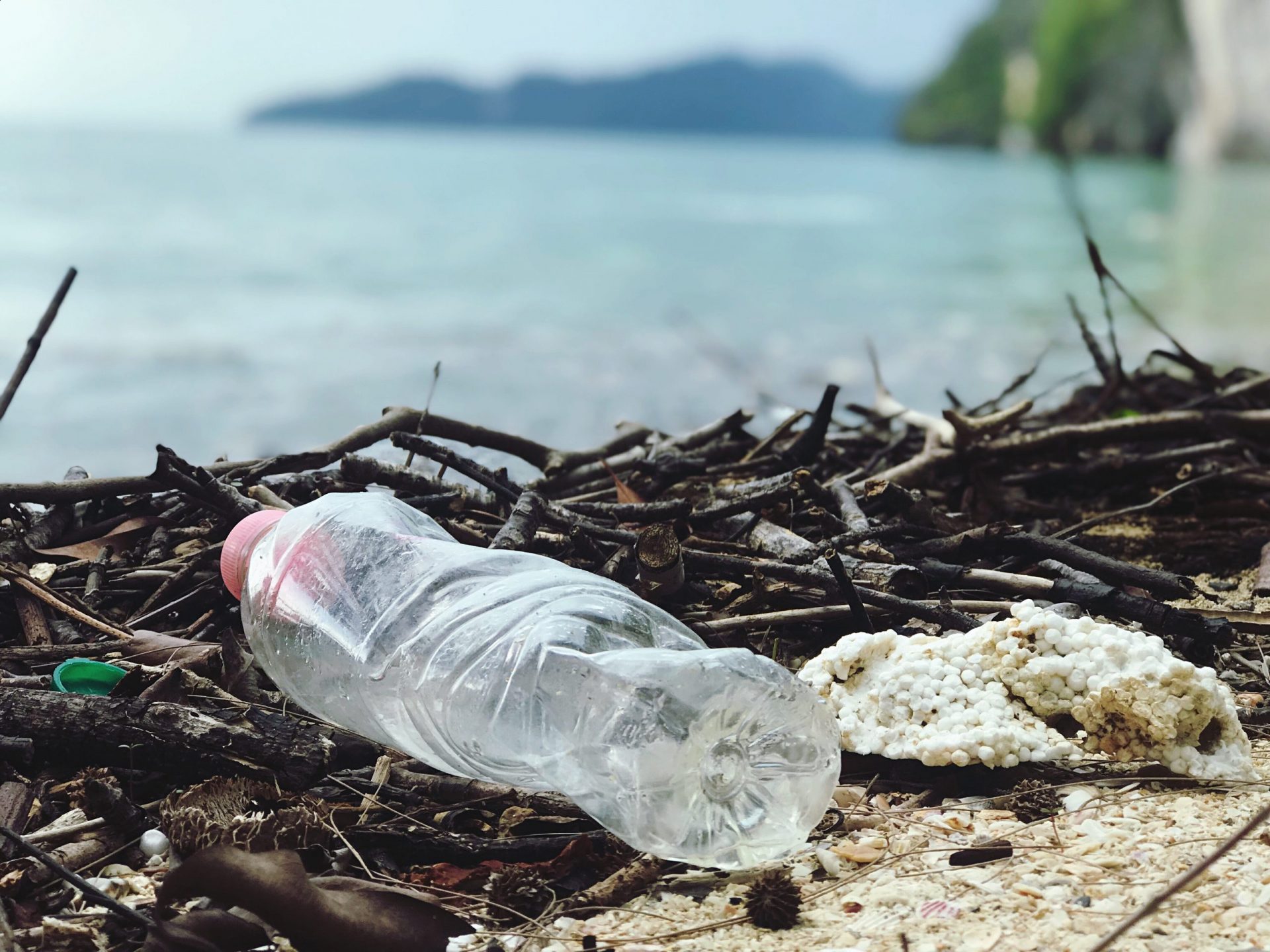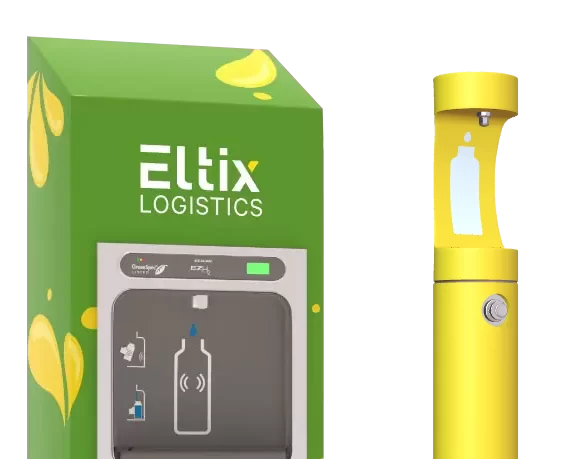 16th Jan 2020 by MIW Water Coolers
16th Jan 2020 by MIW Water Coolers
This is Why You Should Care That Whale Sharks Eat Thousands of Plastic Pieces a Day
Growing to lengths of 40 meters or more, the whale shark is the largest fish in the sea. And yet, they live on plankton. Humans can swim with them without fear of threat. They are gentle, astonishingly graceful and beautiful. And they are swallowing up to 137 pieces of plastic an hour, thanks to us humans.
The story of the whale shark
The whale shark has been swimming the world’s oceans since the Jurassic period. It favours the warmer, tropical waters around Indonesia, Australia and Asia. When left to themselves, they can live up to 70 years, growing to a massive 20.6 tonnes – three and half times the weight of an adult elephant. And they are now endangered. This is partly due to hunting. Partly due to climate change. And partly due to environmental damage and habitat loss. But recent research has revealed a new threat: plastic.
Whale sharks are one of only three known shark species that filter feed. They scoop up their food in enormous mouthfuls of surface water, which passes back through their gills. The water filters out and everything else remains. When the ocean contained little more than organic matter, these majestic creatures thrived. But according to a study conducted in Indonesia, where scientists used fine nets to gather samples, measuring the amount of plastic in the whale sharks’ feeding ground, these enormous fish could now be consuming an enormous amount of plastic – up to 137 pieces an hour. And this is not good news.
How plastic affects whale sharks and other marine life
Until quite recently, no one has really known the impact that waste plastic might have on living organisms. We’ve all seen the horrendous photographs of sea birds, seals, turtles and other creatures tangled in larger plastic pieces. Of dolphins and rays wrapped in fishing wire. And of filter feeders choked on plastic bags. But the effect of microplastics has been disputed.
However, it’s now believed that ‘exposure to some of the plastic associated pollutants can disrupt the regular functioning of the endocrine system, the system responsible for controlling growth and reproduction[1].’ What this could mean for marine life in the long-term is both fairly obvious and unthinkable. But if you need more of an incentive to take action on plastic, you should probably remember that it’s not just marine life at stake.
Plastic is everywhere – and everyone is at risk

Plastic is all around us. Micro plastic is leaking out of our polyester clothes in washing and even shedding from us as we walk down the street. It’s also raining down on us in our domestic spaces and may well be entering our lungs. And, of course, we are eating it because many of the creatures that we eat are eating it too. And much of the other, non-animal food we consume is packaged in the stuff.
If you’re looking for a really shocking wake-up call, the average seafood consumer in the UK ingests around 11,000 plastic particles every year. No definitive studies have yet taken place to ascertain the potential damage that this might be doing to our bodies. But my guess is, it’s nothing good.
Time for change
We’ve spoken a lot on this blog about the problems of waste plastic. We’ve said time and again that around 8 million tonnes of plastic enter the ocean from land every year. And we’ve enumerated both the issues that this is causing and the ways that we can all help to prevent it. But when you read a study focusing on the damage that waste plastic is doing to one particular species… And then roll that damage out across the ocean’s entire ecosystem, it really brings home the enormity of the situation.
Waste plastic is everywhere. Everywhere. And in a way, it can seem hopeless. Because the stuff has become all pervading. But that doesn’t mean that we shouldn’t be trying to do something about it. Sure, the amount of plastic you remove from the system by carrying a reusable drinks bottle is just a tiny drop in the ocean. But with nearly 7.7 billion single-use plastic water bottles purchased in the UK each year, if we all stop buying and start reusing, it could – it will – make a difference. To the environment. To the whale shark. And to us.
[1] Elitza Germanov, co-author of the whale shark study











